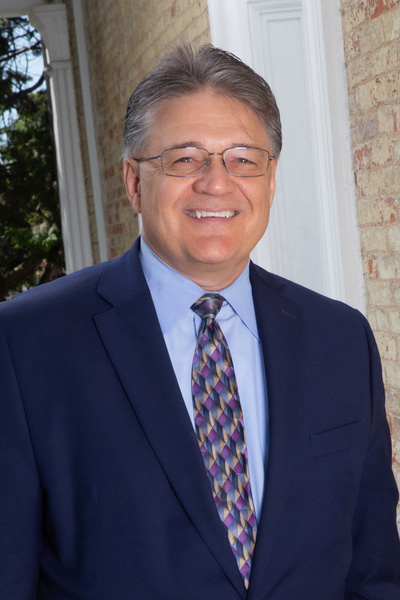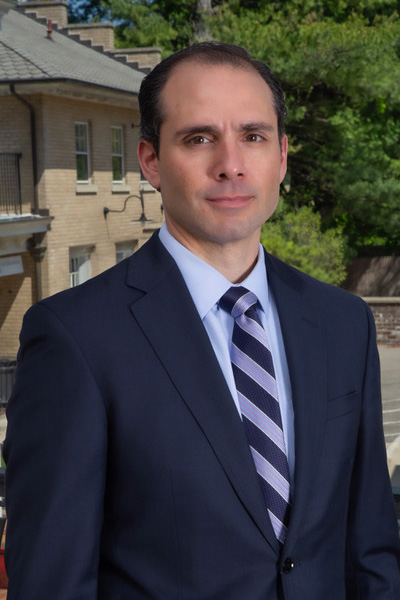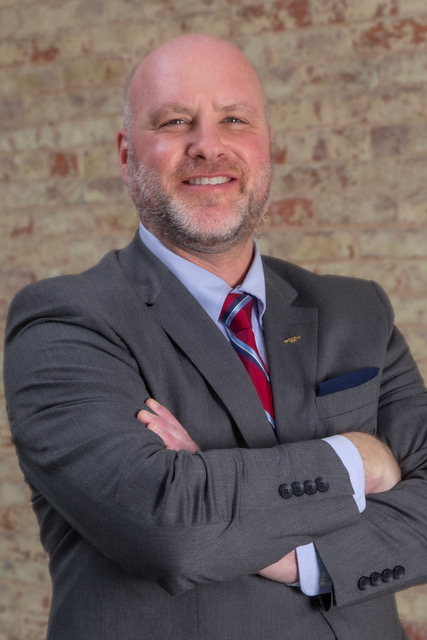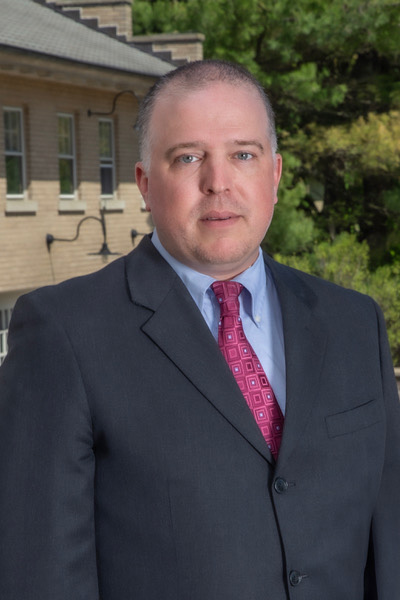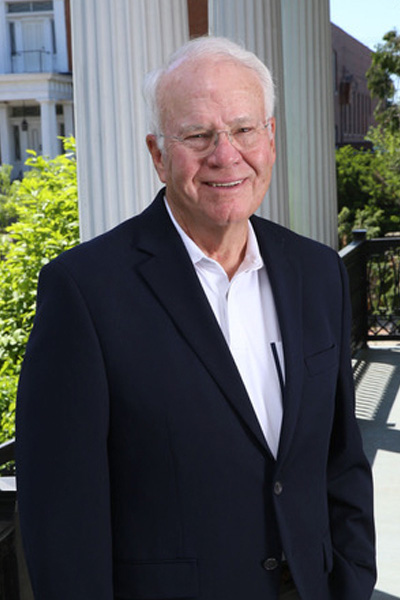
Estate, Trust and Guardianship Administration
Dagger Law has a long and successful tradition of handling probate estate, trust and guardianship administration matters for over 120 years.
Property that is subject to the probate process is any property owned by a person at the time of death which does not otherwise pass to beneficiaries by designation (e.g. Payable on Death) or ownership (e.g. Survivorship Accounts). Common examples of assets subject to probate include:
- Any real estate titled only in the deceased person’s name
- Personal property such as jewelry or household goods like furniture, appliances, and vehicles
- Bank accounts solely in the decedent’s name without POD designation
- Life insurance policies that list the deceased, or their estate, as the beneficiary
Non-probate property bypasses the courts (avoid probate) and goes directly to the named beneficiary. Examples of non-probate property include:
- Bank or brokerage accounts held jointly by the deceased and third parties
- Bank or brokerage accounts with a Payable on Death ( POD) or Transfer on Death (TOD) beneficiary designations
- Real property held in trust during lifetime or having a recorded TOD Affidavit naming a beneficiary
- Life insurance or brokerage accounts that list a specific beneficiary
- Retirement accounts that name a specific death beneficiary
Dagger Law’s probate and trust attorneys guide the executor, personal representative, administrator and/or trustee to assure compliance with Ohio law as to each step of the administration of the estate/trust and provide assistance with transfers outside the probate process. We also provide counsel with regard to both income and estate tax issues for the estate/trust and its beneficiaries.
The Dagger Firm’s practice includes extensive litigation experience with Will Contests, Trust litigation or defending an Executor/Administrator/Guardian from claims arising from actions in administering an estate, trust or guardianship under Ohio Law. The Dagger Firm also has extensive experience in litigating creditor claims against or for an Estate.
Ohio probate attorneys can practice anywhere in the state. However, local probate courts typically have their own rules and best practices. Understanding the local rules provides further efficiency. Therefore, Dagger Law focuses its probate, trust and guardianship practice in Fairfield, Hocking, Perry, Licking, Pickaway and Franklin Counties.
Contact One of Our Lancaster, Ohio Probate Attorneys for Assistance
Click on a photo below to access that attorney’s contact information.
We proudly serve the following communities throughout Central and Southeastern Ohio:
- Fairfield County
- Franklin County
- Hocking County
- Licking County
- Pickaway County
- Baltimore, Ohio
- Buckeye Lake, Ohio
- Canal Winchester, Ohio
- Circleville, Ohio
- Greater Columbus Area
- Lancaster, Ohio
- Logan, Ohio
- Newark, Ohio
- Other locations nearby
Check out the nearest location to you by visiting our locations page.

